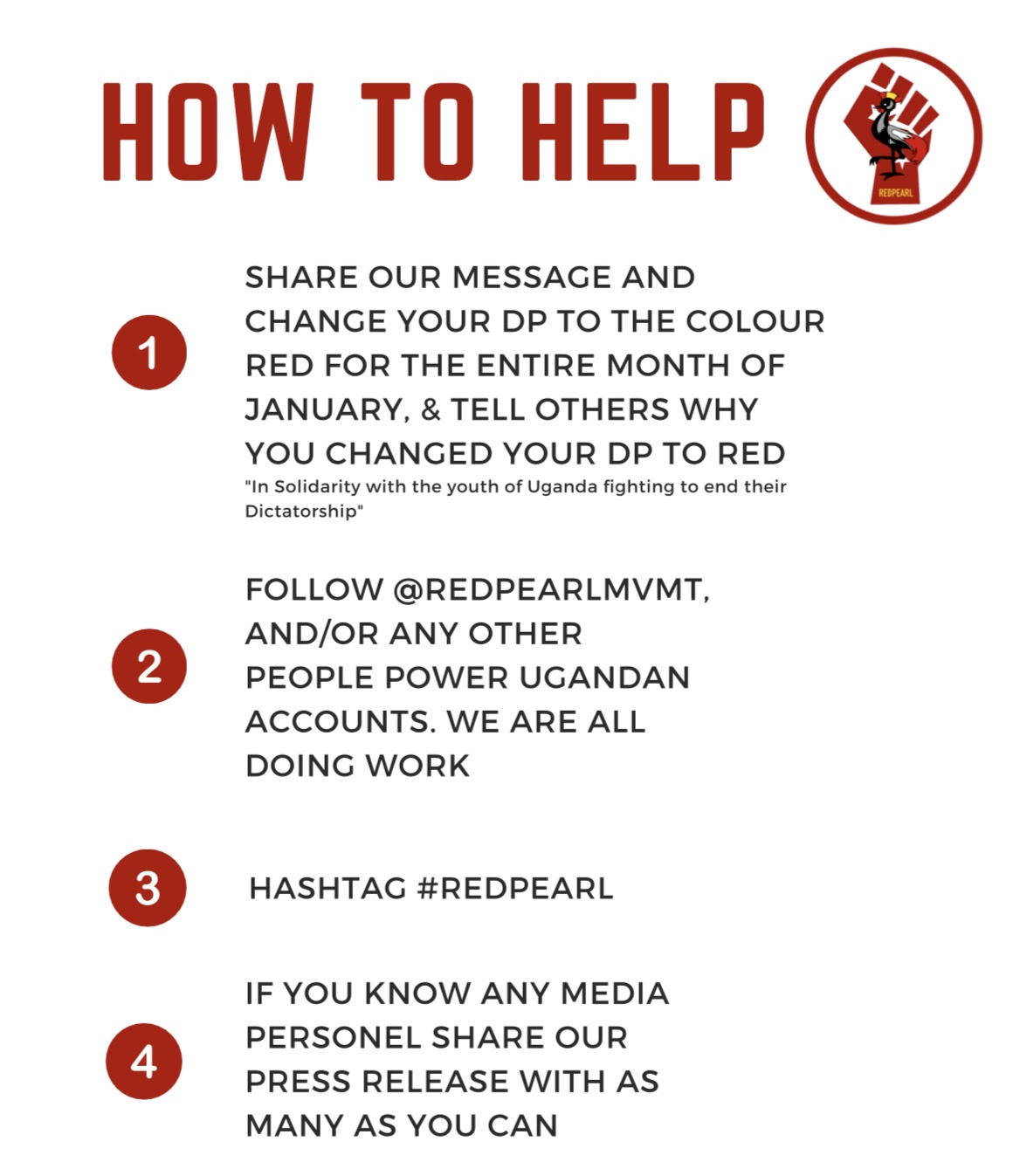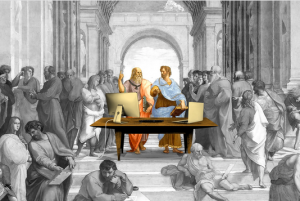Carnival season is upon us and Mardi Gras Day is fast approaching! How are you celebrating this year? Hopefully you’ll choose to celebrate with us at Coup de Gras 2: Electric Luau!
Coup de Gras is an annual Mardi Gras festival thrown by Krewe de Main, the krewe behind the Coup de Main land project. The festival was started in 2020 to encourage people to come out and check out the project. The first Coup de Gras was completely word-of-mouth and hosted on the former homestead owned by a number of Krewe de Main members and consisted of camping, community meals, radical discussions, parties, and parades. We were even joined on Lundi Gras and Mardi Gras Days in New Orleans by the one and only Vermin Supreme, immediately following his 2020 presidential campaign stop at the Libertarian Party of Florida State Convention that weekend.
This year will be a little different due to the pandemic, legal restrictions, and the fact that we no longer have the homestead to host on but we are spinning that to our favor. Sponsored by the Vermin Supreme Institute, Beyond the Ballot, and the Green Market Agorist, we are hosting something far bigger in scope than last year and we are hosting it digitally. The plan is to hold a five day Mardi Gras festival starting the Friday before, February 12th, and continuing through Mardi Gras Day that following Tuesday, February 16th. It’s part anarchist bookfair, part Mardi Gras blow out.
The first three days will be your typical anarchist bookfair setup with panels ranging from presentations to discussions to skillshares to workshop to podcasts to film screenings and everything in between. If you have a panel idea and wish to host it at the event, feel free to apply here. Don’t be shy. Topics can be anything relevant to anarchist politics and/or Mardi Gras.
We have several guest speakers and panelists throughout the weekend including Carne Ross, Evan Greer, Justin “Beau” King, Ford Fischer, James Weeks, Mike Shipley, Jae Em Carico, the Solarpunk Farmer, and Aron from Re Education. Podcast Titles Are A Spook, Non Serviam, The Serfs, Green Market Agorist, and C4SS’ very own Mutual Exchange Radio will be hosting special episodes at the event, including a special Non Serviam interview with none other than scott scrow. If you’re an activist, organizer, writer, breadtuber, podcaster, content creator, or artist of any sort, feel free to share your projects with us by hosting a panel.
Lundi Gras Day (Monday, February 15th) will be an open mic art day where anyone can share art in any medium they wish. Mardi Gras is a creative time, with live music, dancing, people wearing costumes, and decorating floats and “throws” for krewes to toss to attendees while parading, and we wish to embody that spirit as best we can by allowing people to show off their costuming, writing, music, drawings, painting, sculpting, comedy, theatre, or whatever other forms of art they wish to share. So be sure to sign up ahead of time to secure a spot or check us out day of and see where we can fit you in.
And finally, the climax of the event is Mardi Gras Day. Whereas most krewes will throw parades and/or balls, we can do neither this year so we’re doing the next best thing:
We’re hosting a cabaret!
Complete with music, comedy, burlesque, theatre, and the traditional crowning of the krewe’s Mardi Gras royalty (don’t worry, they’ll get what they deserve!), the cabaret will be one hell of a show. So far the lineup includes such talent as Evan Greer, Injekt, Gilt, Puddled, Jy Mack, Jake Flores, Joey Thibodeaux, Aron from Re Education, Vermin Supreme, Aqua Annette, Daquiri, Phoenix Midnight, and so many more.
Just as with the panels and the open mic art day, the cabaret is open for participation if you have anything you wish to submit. Performances can be done live or pre-taped. Apply here or contact us today to discuss details.
The event will be streamed from February 12th-16th with a social media component Matrix so that folks can connect, network, chat, and share knowledge, ideas, and resources. Details regarding the platforms and schedule will be released closer to the start of the event on our website at CoupdeGras.wtf so head there and pick up your tickets today!
Tickets are $10-50 sliding scale, with no one being turned away due to an inability to pay, and all profits will go towards our mutual aid causes which this year include the Logan Glitterbomb Freedom Fund and the Coup de Main land project.
Have a happy Carnival and can’t wait to see y’all there!





 The
The 



